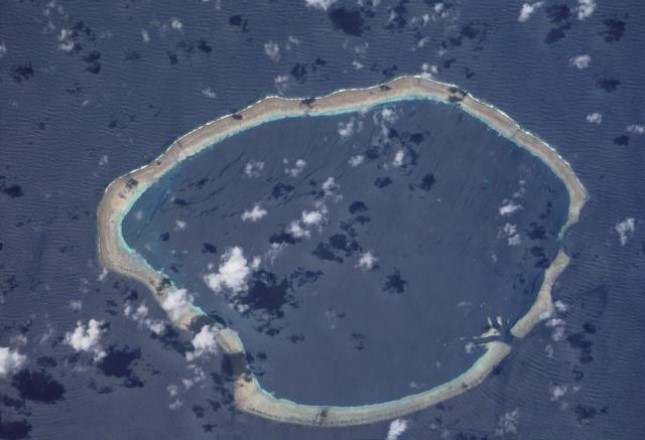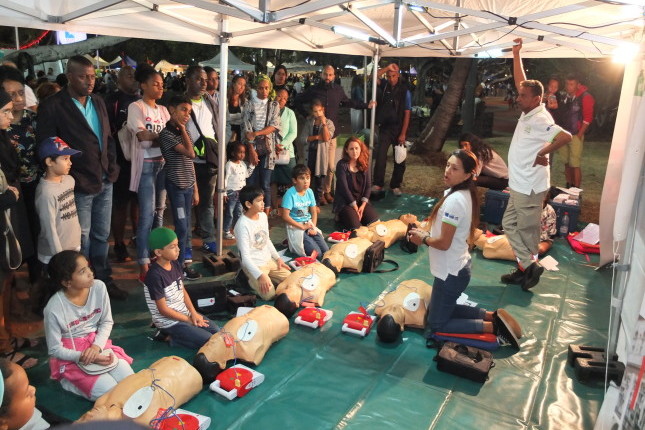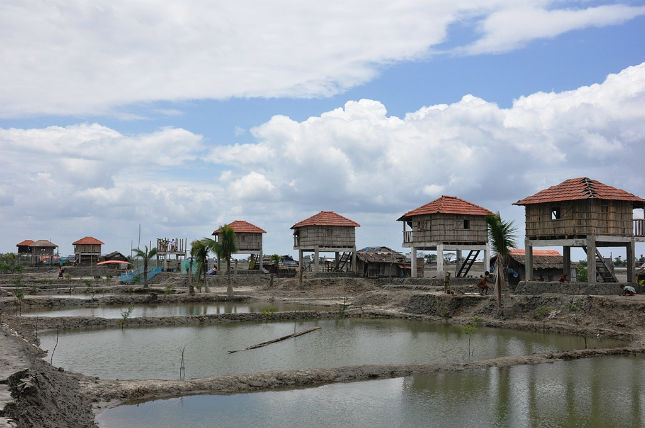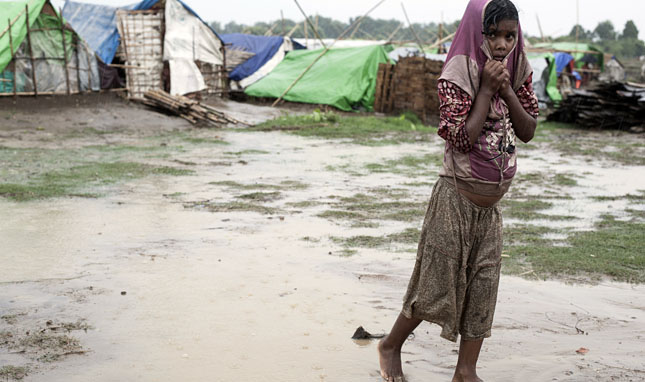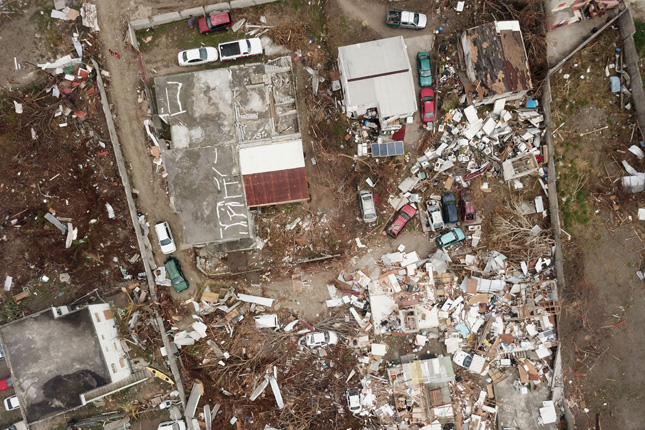-
Pig Disease is Creating a Mountainous Solid Waste Problem
›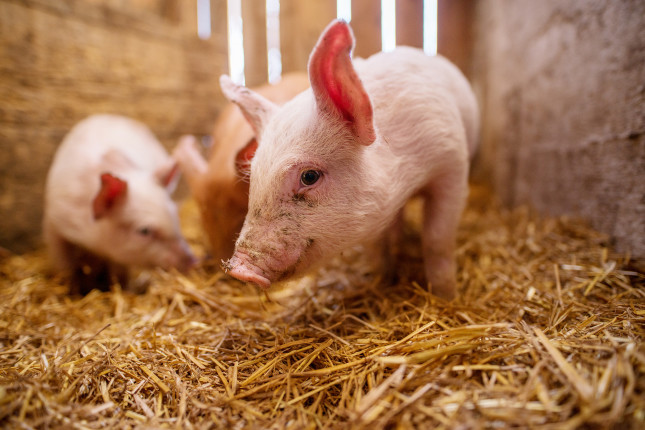
On a rainy July afternoon in 2017, I was in Jinhua, China, a city just south of Shanghai, to visit a pig farm. This was not just any pig farm—the Mebolo farm grows pigs that become the prized Jinhua Hams, a Chinese delicacy for nearly 1500 years. Long before Italians produced prosciutto and the Spanish their Jamón serrano ham, Marco Polo discovered Jinhua ham in the 13th century and brought ham-making techniques back to Europe.
-
Disasters Have Changed. So Must Our Response.
› As disasters have changed over the years, so must the personnel who manage these crises.
As disasters have changed over the years, so must the personnel who manage these crises.In 1932, sociologist Lowell Carr first described a predictable pattern of how disasters impact society. Refined over the decades by many researchers, the “disaster cycle” includes four phases: prevention, preparedness, response, recovery and rehabilitation.
This disaster cycle helped define the way societies respond to each disaster. Today, highly trained emergency personnel using many research, management, and epidemiological skills have helped improve survival and health outcomes after disasters. “Disaster medicine” now defines a sub-specialty for highly skilled professional health specialists. However, their many activities and skill sets primarily focus on only the response phase of the initial disaster cycle.
-
Community Input Improves Climate Change-Induced Resettlement Effort
›
In the Global South, climate change-induced resettlement requires a holistic and integrated approach, involving all stakeholders—state institutions, local customary and civil society institutions—and in particular respectful engagement with local traditional actors and networks. In a policy brief for the Toda Peace Institute, we examined climate change-induced resettlement from the Carteret Islands in the Pacific, a case which encompasses a broad range of issues relevant to future relocation efforts elsewhere. Those who seek to make this type of resettlement possible would do well to heed these lessons.
-
Disasters, Vulnerabilities, and Equity: Moving Forward
›
Houston after another major flood a few weeks ago; the Bahamas after Dorian; Paradise, California, after the Camp Fire; Haiti after a major 2010 earthquake; Puerto Rico after Maria; New Jersey and New York after Sandy; New Orleans after Katrina; Thailand and Indonesia after the Indian Ocean tsunami in 2004… The list goes on. As we head into another hurricane season, we should once again examine what we’ve learned and prepare to reduce the impact of disasters on communities worldwide.
-
“Let’s Start From Here”: Local Solutions for Loss and Damage and Livelihood Resilience
›
Without warning, water rushed into a woman’s home on a raised platform above the floodplain of Bangladesh’s Teesta River. She was just a hand’s distance from her infant son, but she couldn’t stop him from falling into the floodwaters. “She can’t recover back from the trauma,” said the University of Dundee’s Nandan Mukerjee of the mother who lost her child to the currents of climate change.
-
COP-23: Can More Transparency, New Technology Save Small Island States?
›
As the Climate Conference of Parties (COP-23) wraps up in Bonn, Germany, the prime minister of the tiny Pacific island nation of Tuvalu, which is sinking a few millimeters every year, made an impassioned call for transparency in the Paris Agreement “rule book” and for ratcheting up worldwide ambitions to reduce climate change. While informal texts were drafted to guide implementation of the historic 2015 Paris Agreement, formal adoption of these rules will have to wait until COP-24, to be held in Poland next year.
-
Top 5 Posts for September 2017
›
Myanmar’s inter-ethnic disputes undermine an otherwise favorable backdrop for a peaceful democratic transition, write Rachel Blomquist and Richard Cincotta in New Security Beat’s most read story last month. Their analysis was published in April 2016, but it presciently foreshadows the current crisis. Through their multi-dimensional assessment of the demographic tension in Myanmar, the authors show that “[t]he path to democracy seems to cut directly through the Rohingya issue.”
-
What Is Loss and Damage from Climate Change? First Academic Study Reveals Different Perspectives, Challenging Questions
›
Following a series of recent devastating extreme weather events – mudslides in Sierra Leone, flooding in south Asia, and severe storms hitting the Philippines and the Gulf of Mexico, many have called attention to the role of climate change in these disasters. The string of Atlantic hurricanes that has devastated the Caribbean has prompted fresh calls to make nations and communities more resilient to the effects of climate change, and especially to address “loss and damage” in island nations.
Showing posts from category loss and damage.


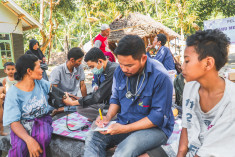 As disasters have changed over the years, so must the personnel who manage these crises.
As disasters have changed over the years, so must the personnel who manage these crises.